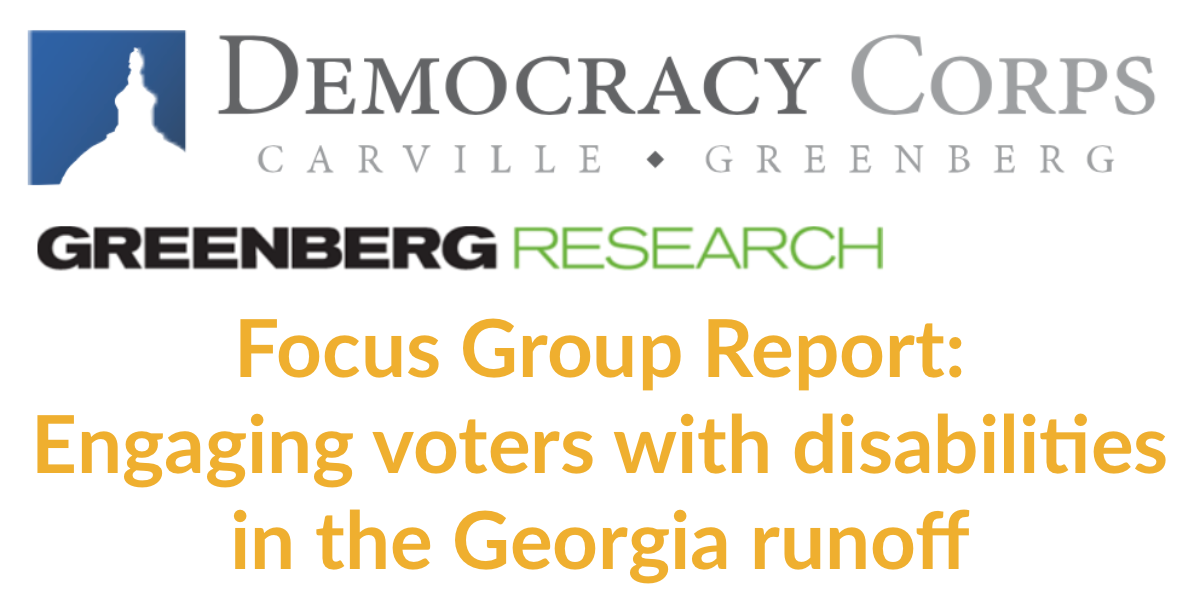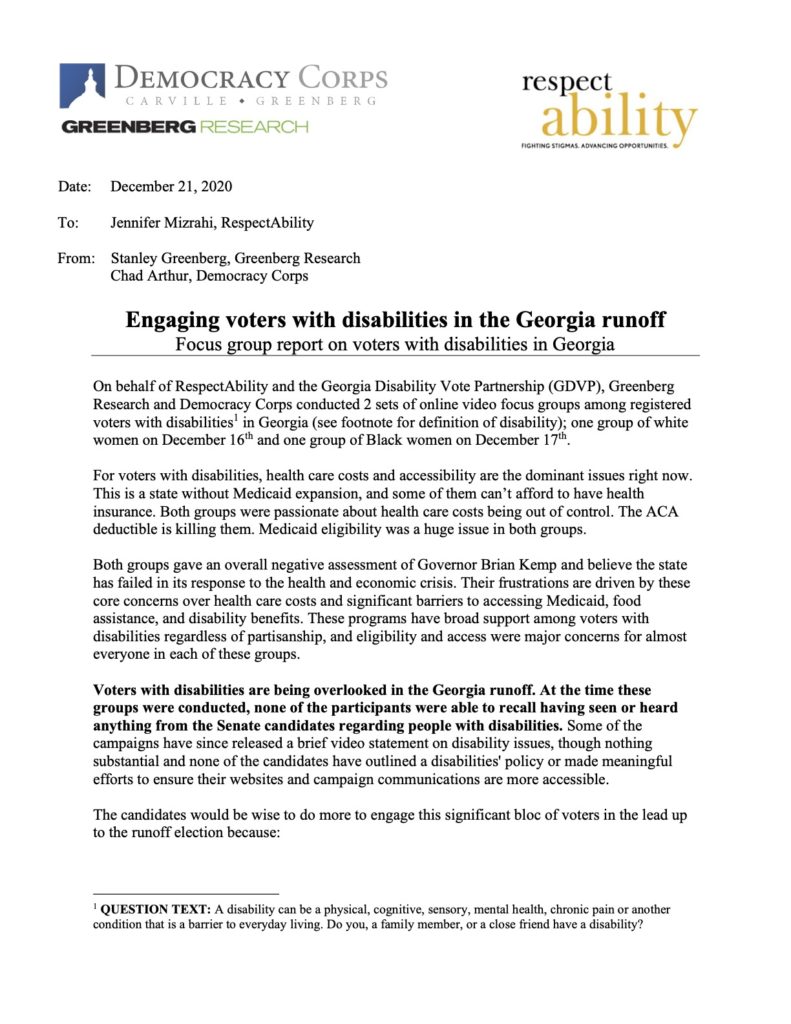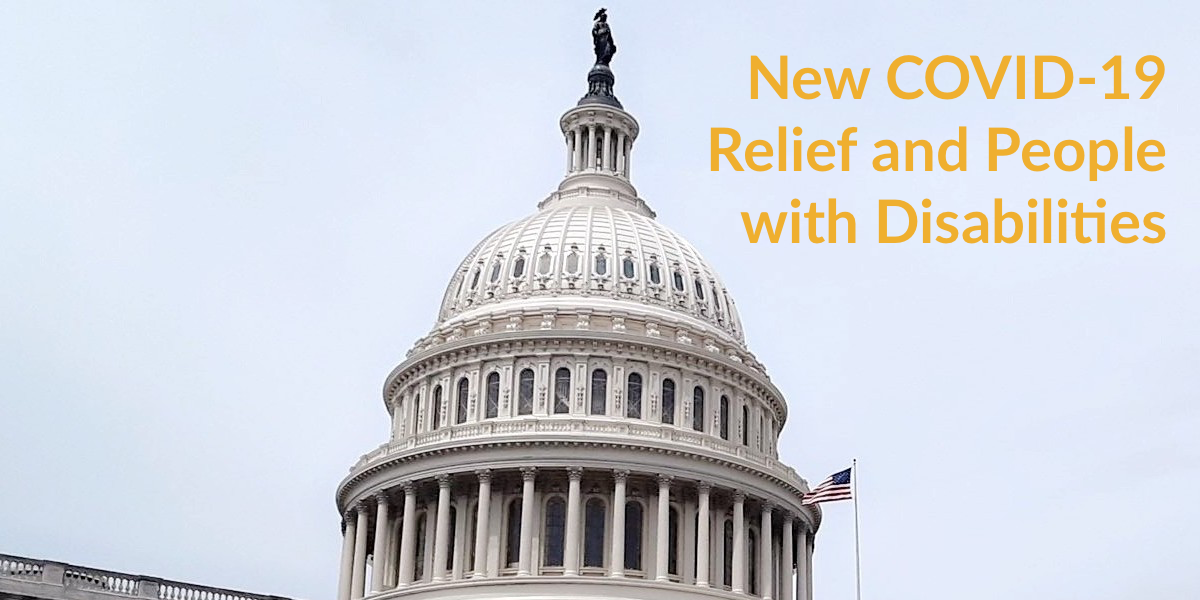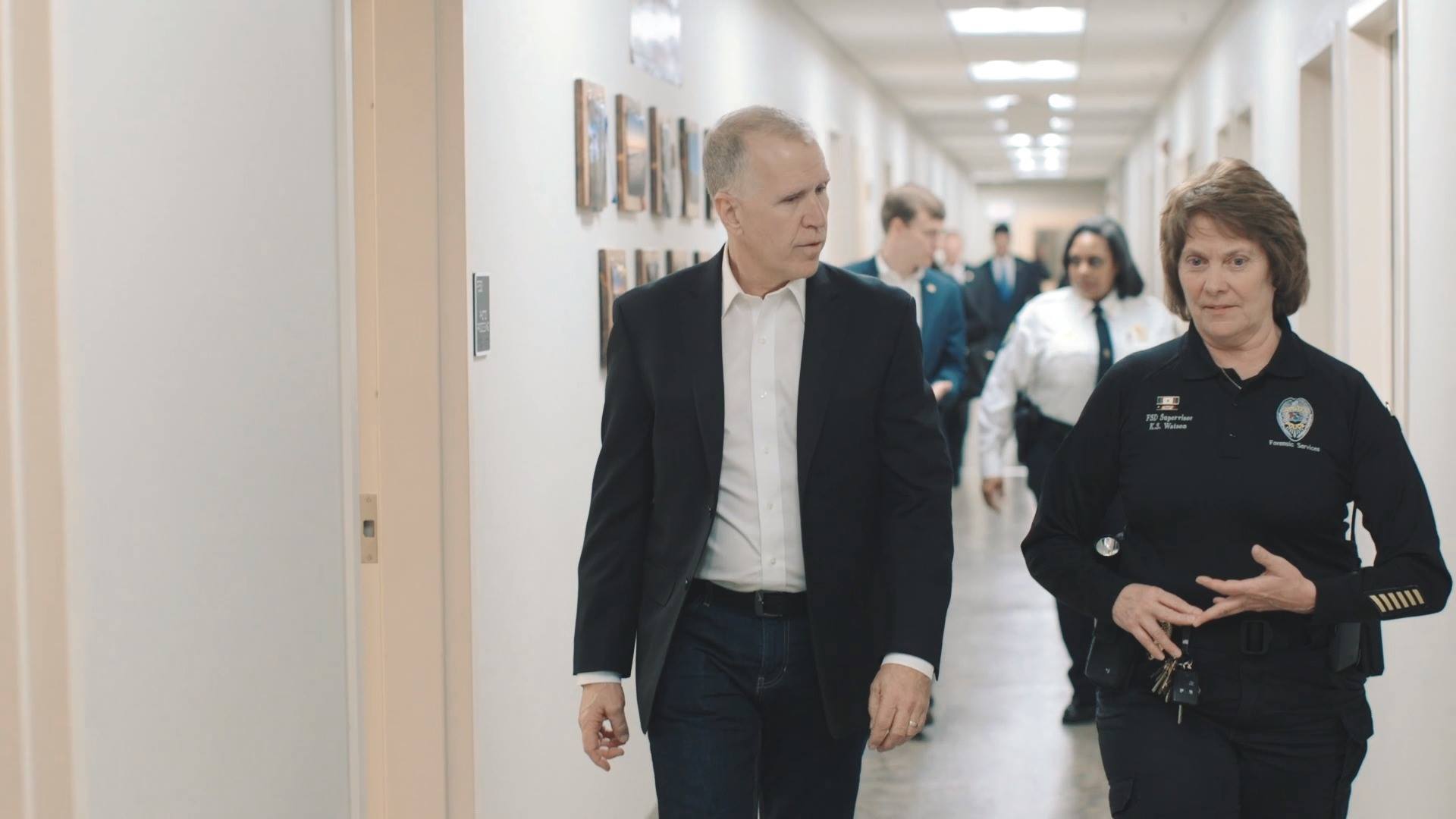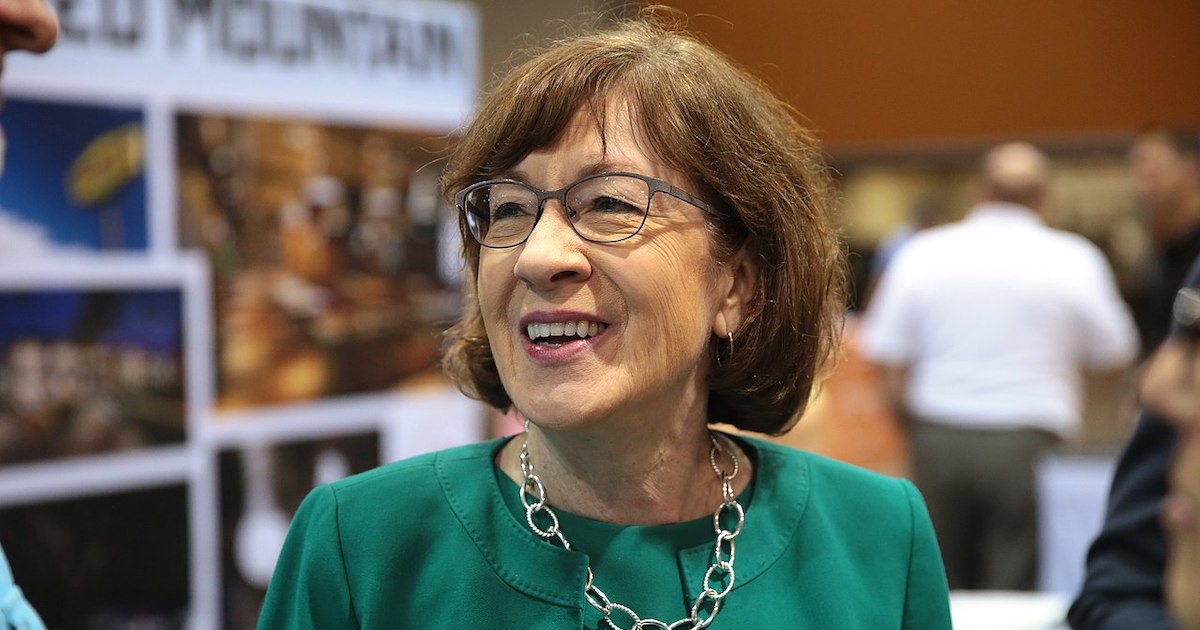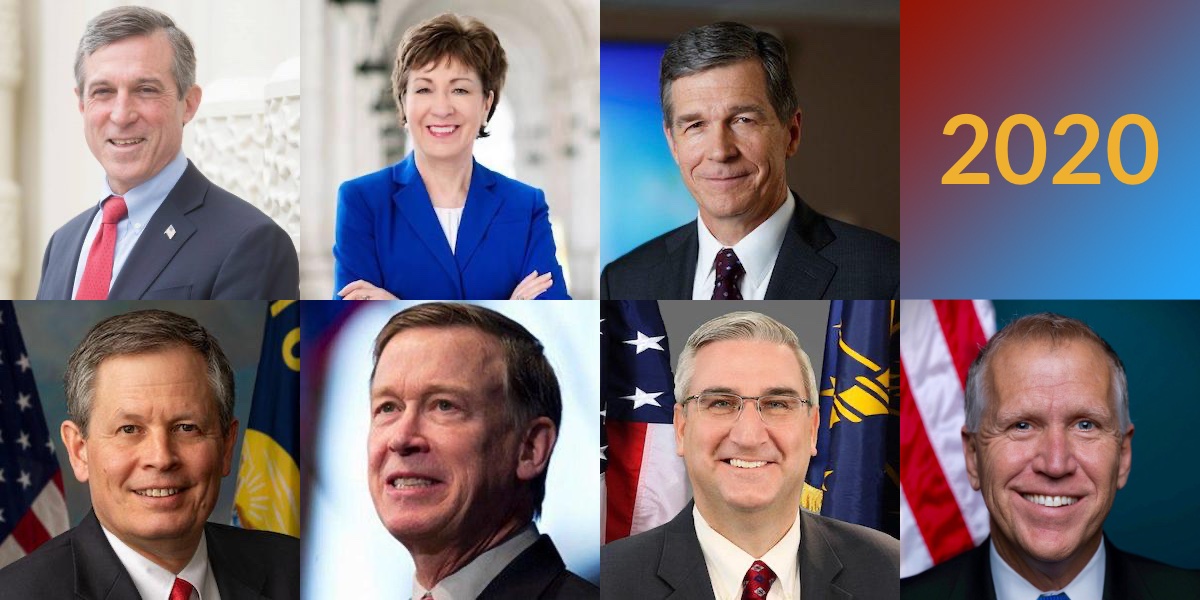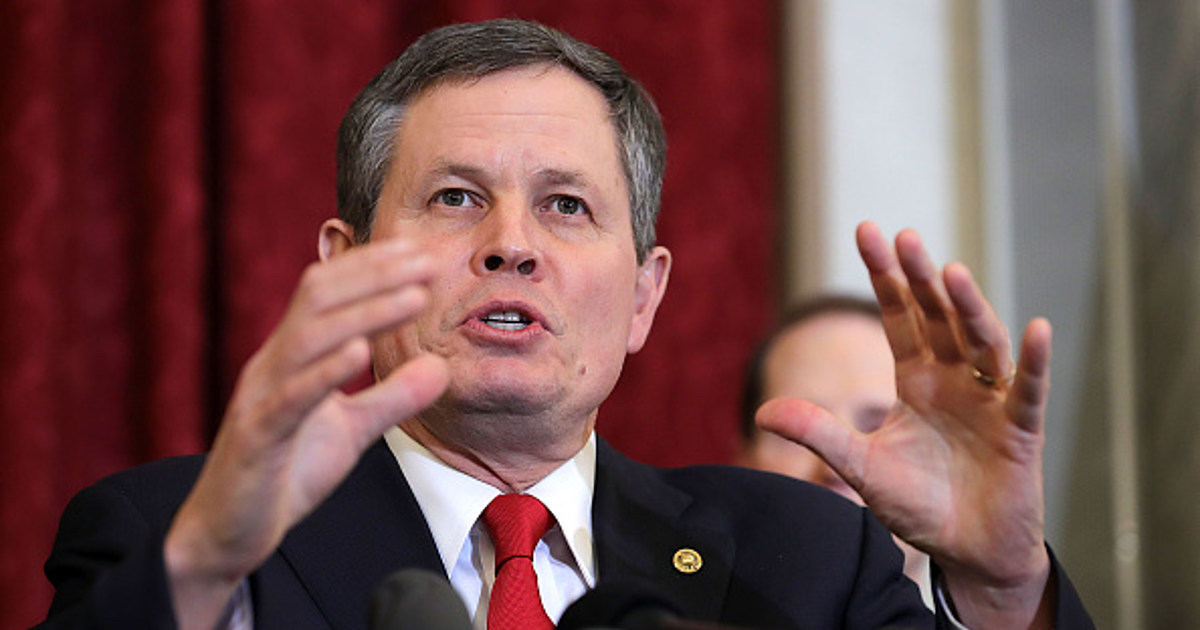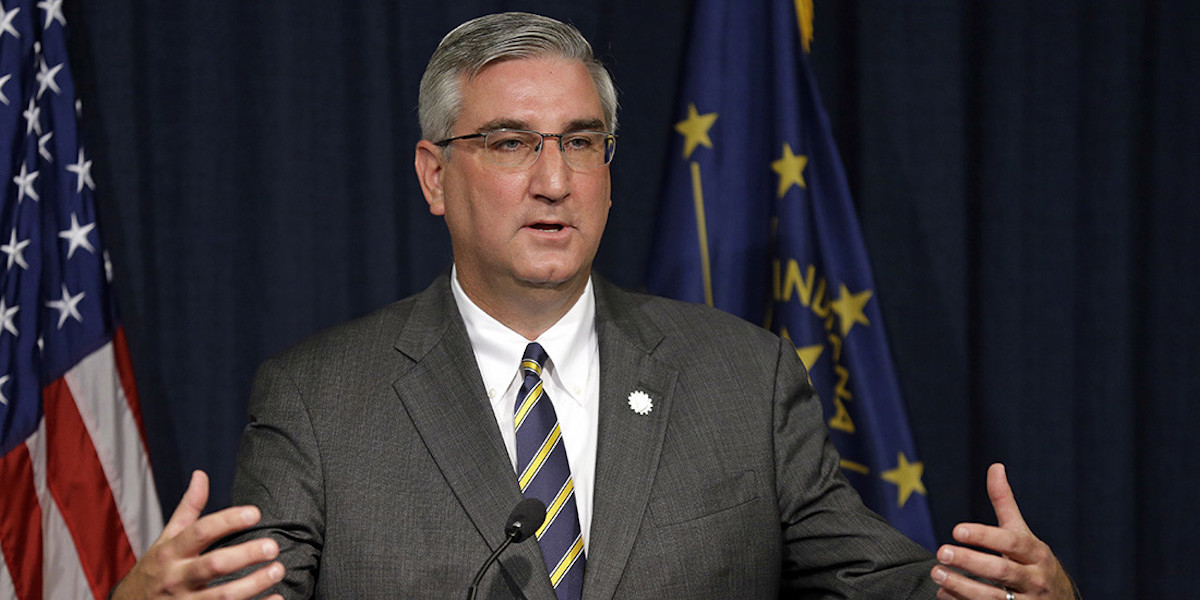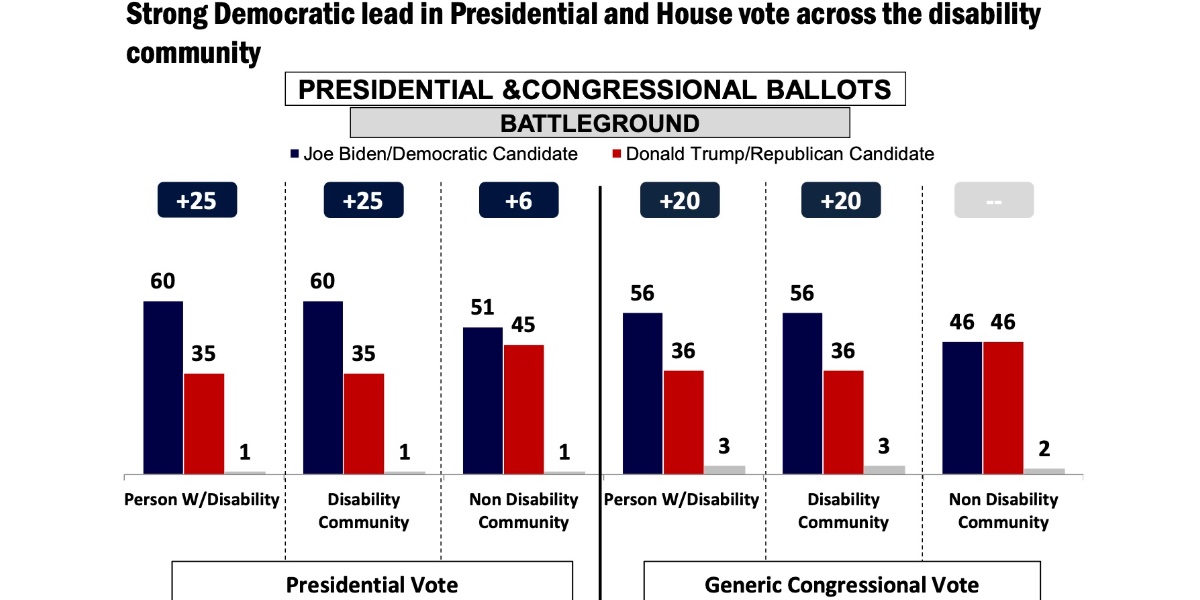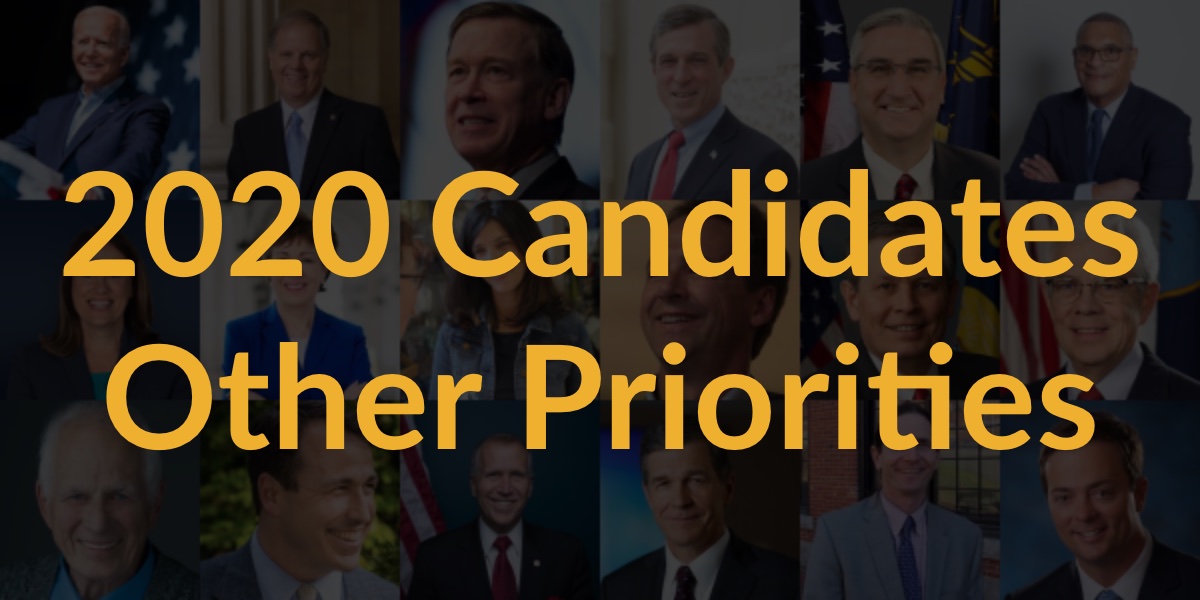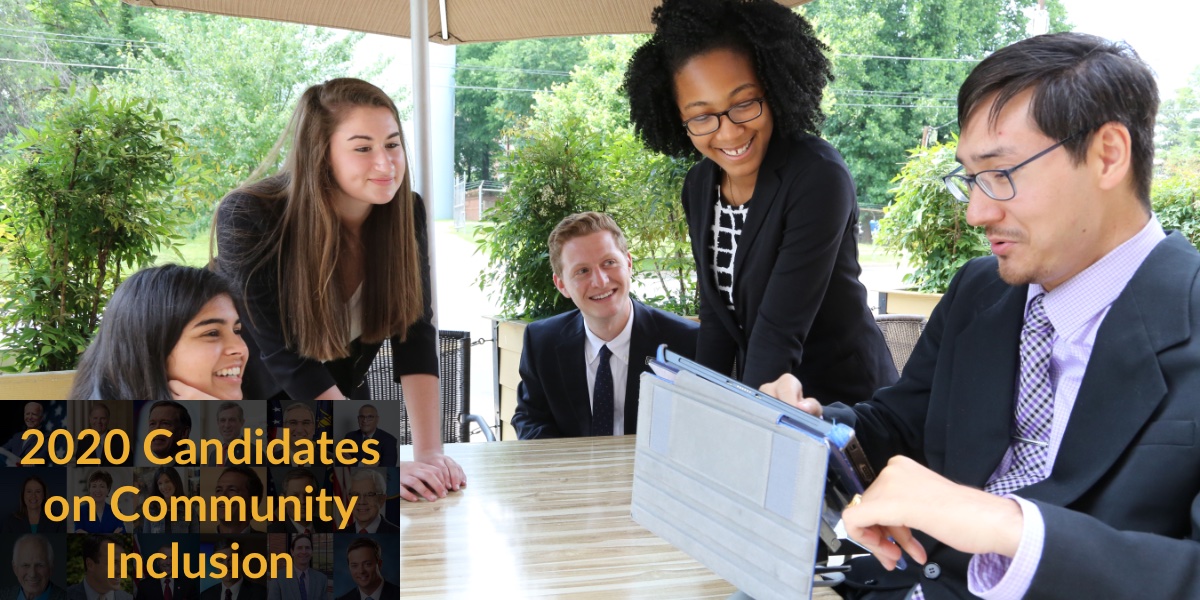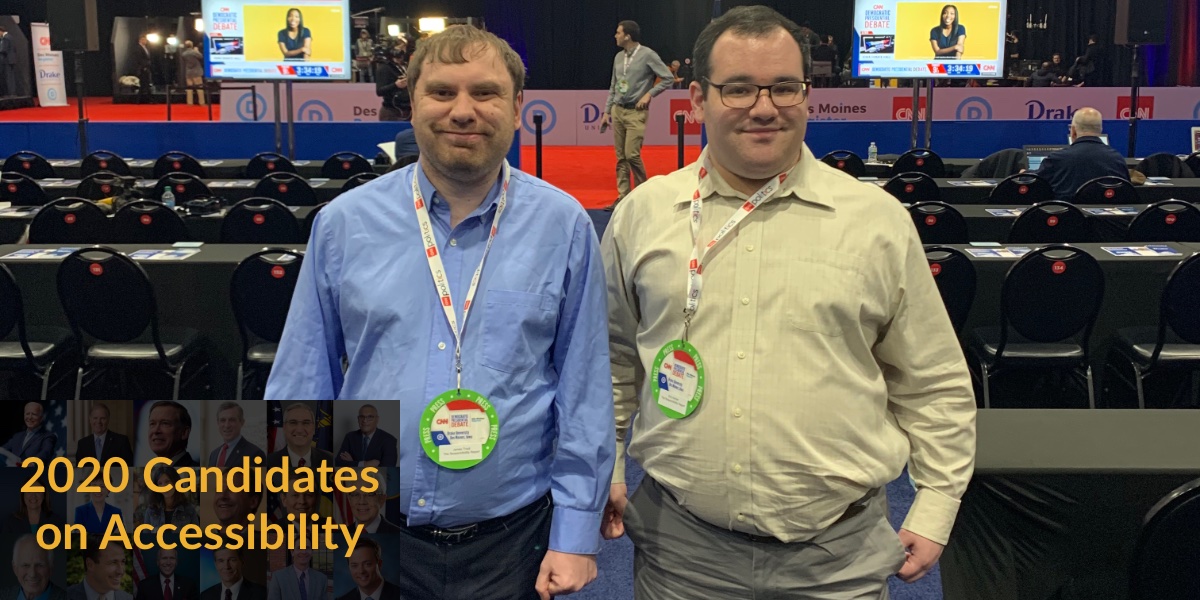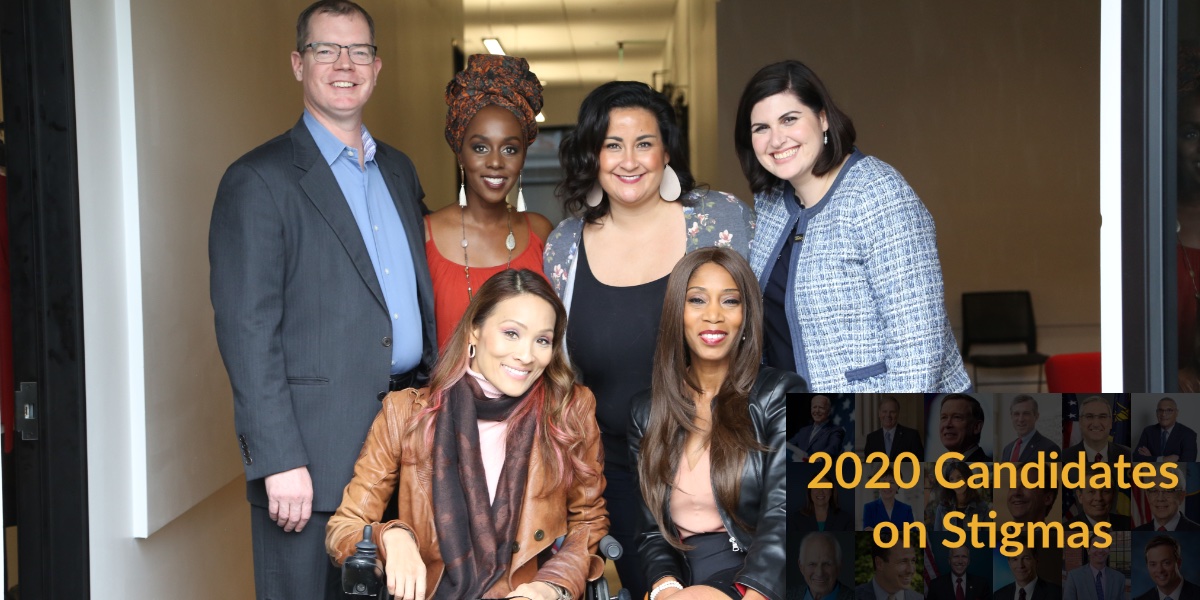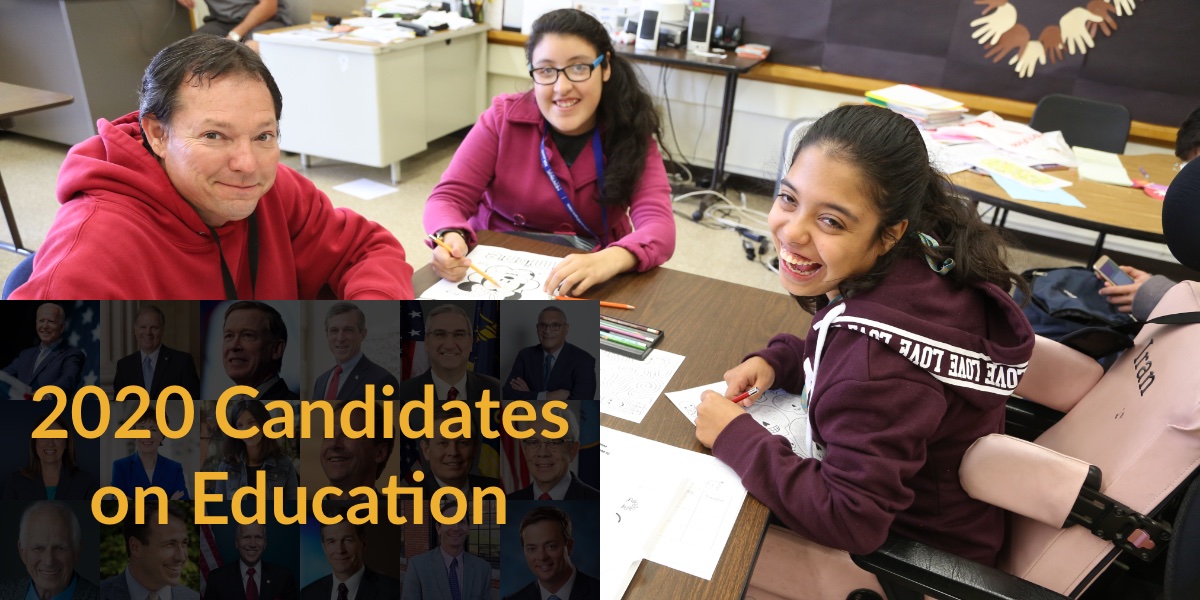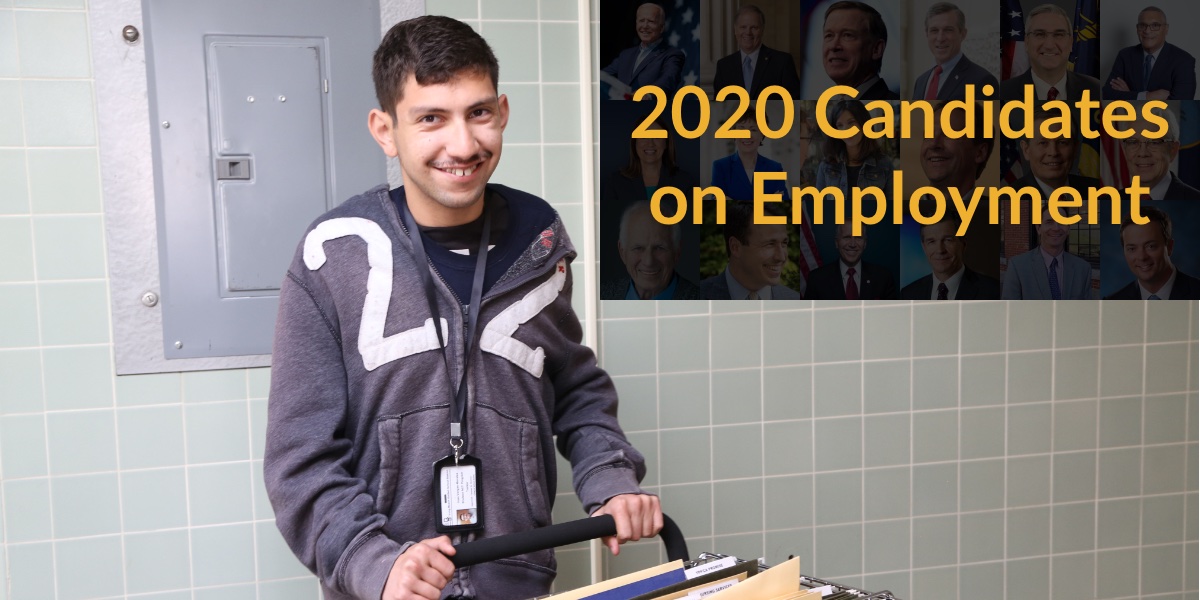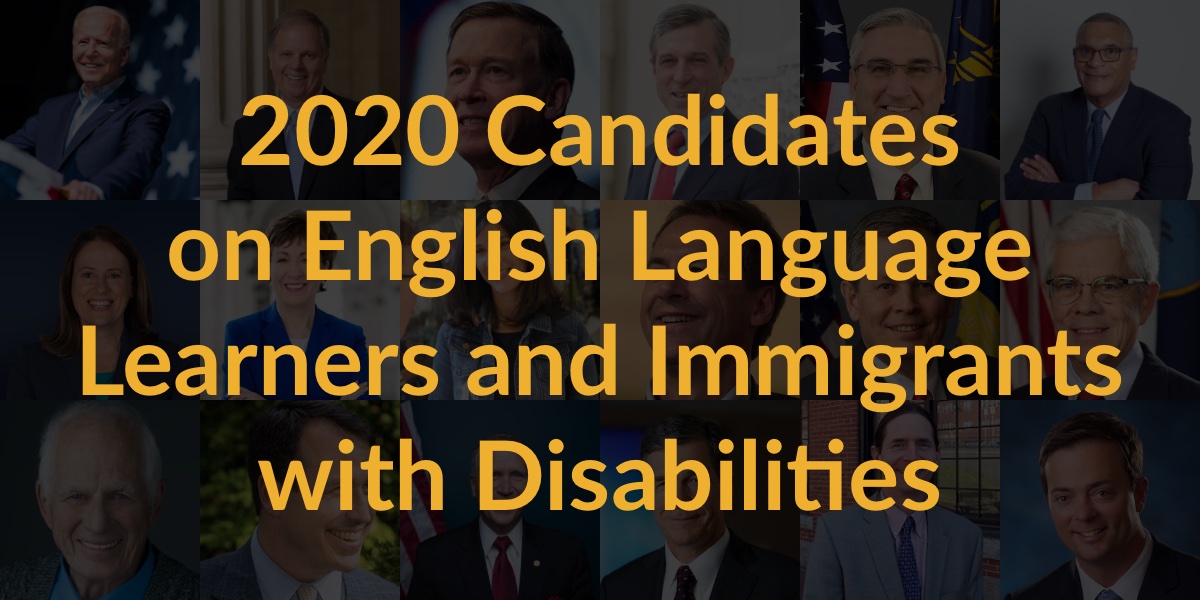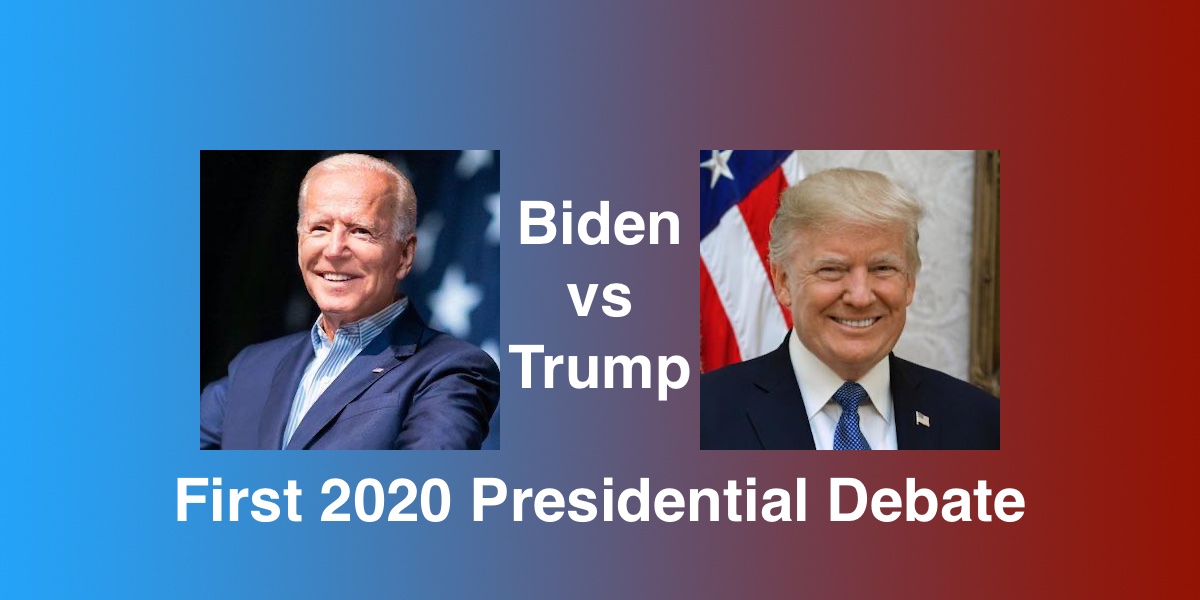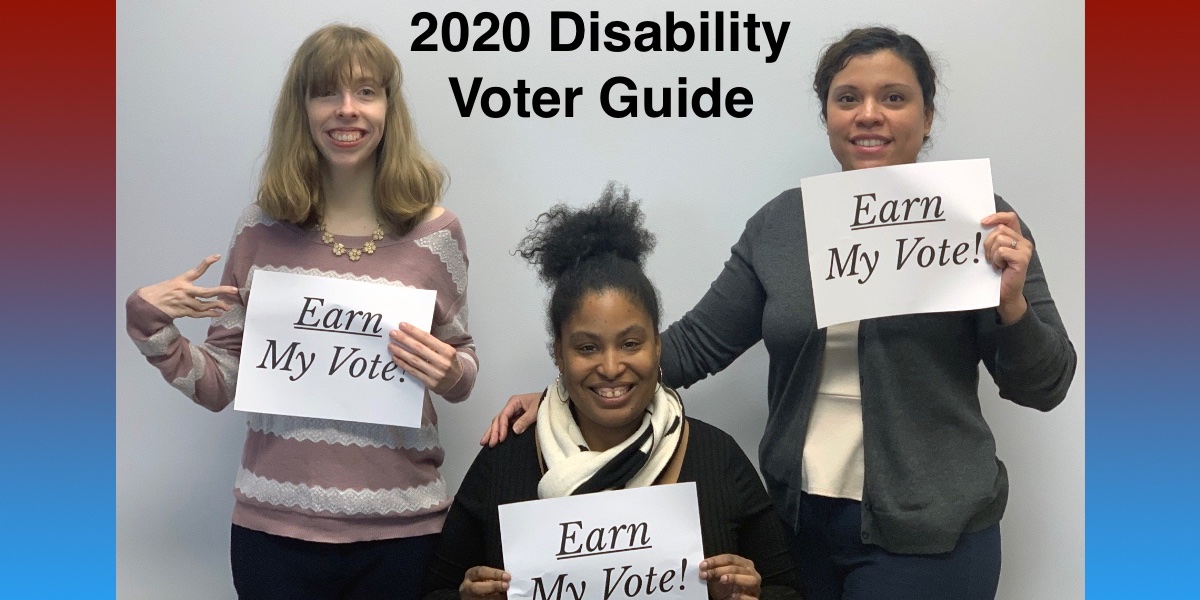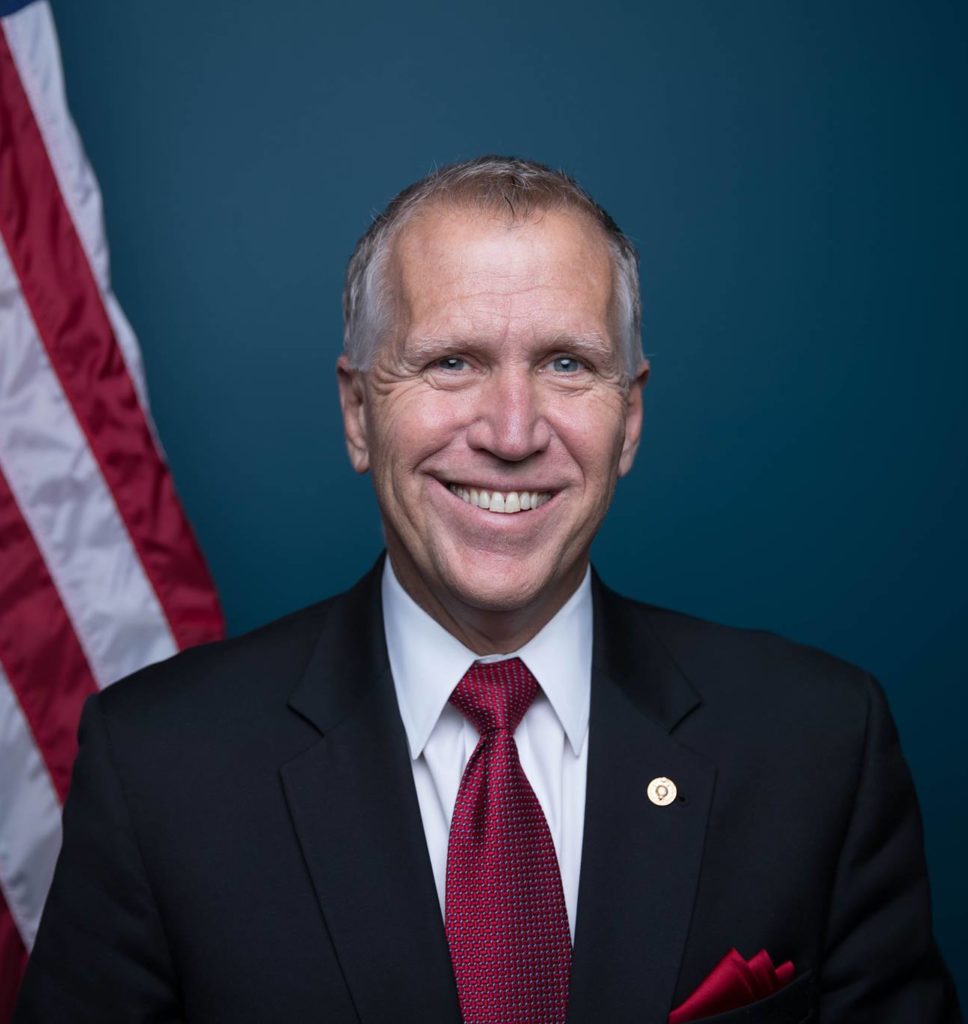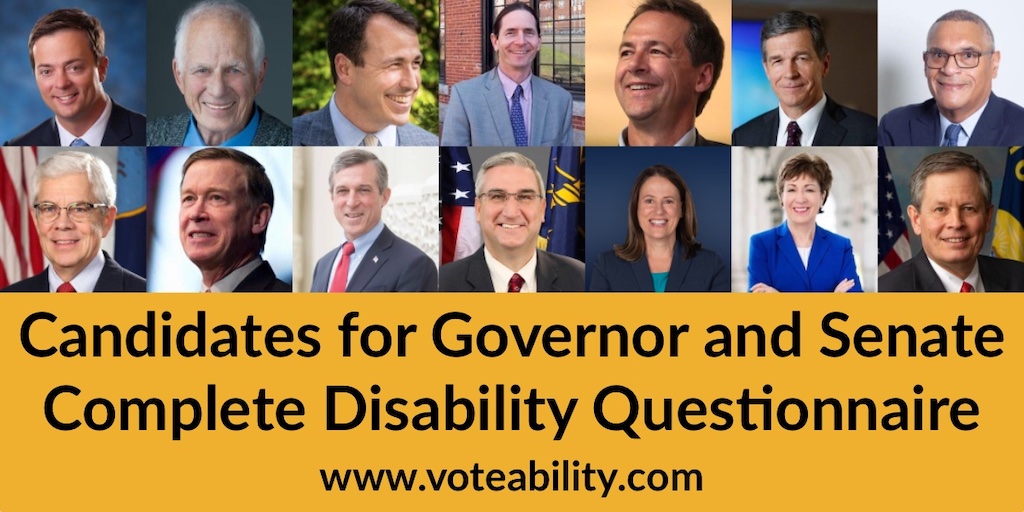As the nation waits for the Georgia Senate runoff next week, disability organization calls on pollsters and media to track disability participation and access.
Washington, D.C., Dec. 28 – With the political universe centered on the Senate runoff in Georgia, the unique needs and barriers of Georgians with disabilities could very well factor into to the outcome of the race. Thus, the national nonpartisan disability inclusion organization RespectAbility is asking pollsters, polling firms and political consultants to track voters with disabilities in their demographic data, as well as voter access exit polling.
According to the 2019 Annual Disability Statistics Compendium, the total number of Georgians with disabilities is 1,246,077, making up 12.1 percent of the total state population. 2018 employment data show that there are 658,811 working-age people with disabilities in Georgia. In the economic expansion prior to the COVID-19 pandemic, only 238,875 (or 36.3 percent) of those Georgians had a job.
Thus far, there has been little outreach to voters with disabilities from all four Senate candidates in the runoff race. As noted by RespectAbility in November, none of the four candidates even mention the word disability on their campaign websites. None of the Senate candidates’ websites are fully accessible to the 254,972 Georgians who are blind or low vision. And very few of the candidates’ videos have captions, making them inaccessible to the 328,000 deaf and hard of hearing Georgians.

